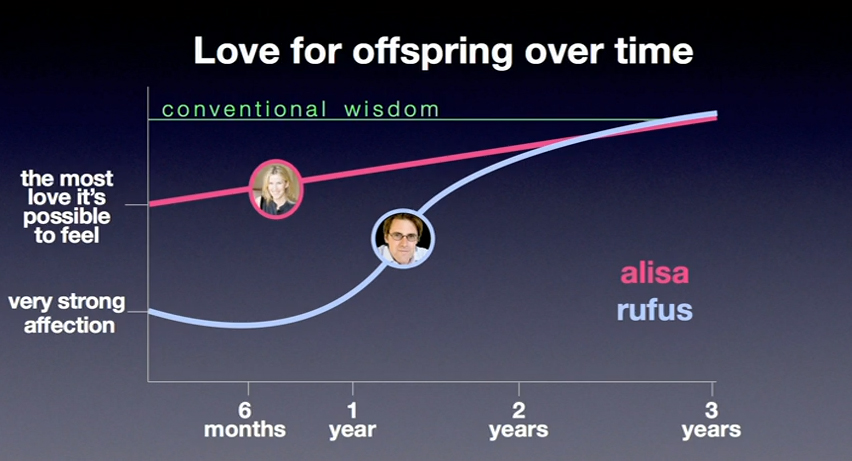The other day while getting into my car, my four-year-old was messing around and taking his sweet old time, in other words he was being his typical self and was up to his usual antics. Getting my son into the car and sitting in his booster seat is never a short or easy process and most usually has me saying to him repeatedly “Get in your booster seat please,” about a handful of times before ending with the yelling, more demanding version of the same phrase, “GET IN YOUR SEAT NOW!”
This was then followed by his most recent prank of shutting his car door and locking it before I can get him strapped into his seat which naturally further delays us going anywhere in the car unless of course I risk getting arrested for failing to strap in my child. So needless to say, another minute or two passes before I finally get the door opened and strap in my son. As I proceed to buckle him into the car he says with a smile, “You’re annoyed Mommy,” after which I give no reply. He repeats himself again saying, “You’re annoyed,” in which I decide to deny out of both spite and pride, saying calmly, “No I’m not.” I was doing my very best not to let him see that he had indeed pushed me to the edge but I knew my effort there failed when once again he replied with a smile, “Yes you are.” And it was then that it hit me. Not the fact that he can be a real a@! hole, or that he was deliberately pushing my buttons, but what got me was the realization that this little boy knows me. He really knows me enough to push the right buttons to make me annoyed and at that moment this made me immensely happy.
Why did this make me happy when many people would simply see this as truly annoying and bad behavior that perhaps needs better parenting? I was happy because I realized that my desire in adopting a child was completely fulfilled – this desire being not just a Mom to a child that I love, but being a Mom to a child who knows me (and I him) so well that we are able to annoy and have fun with each other simultaneously which happens over time. So I looked at him, really looked at him, and smiled and said, “You know me!” And he smiled his sweet smile back at me looking so proud and we had a special mother/son moment that I will never forget 🙂
That moment in the car reminded me of a TED Talk given by Rufus Griscom and his wife Alisa Volkman (founders of Babble.com) entitled, “Let’s talk parenting taboos” where the couple playfully charted the love each of them have felt for their own offspring over a period of 3 years in a PowerPoint slide.

From looking at their chart you can see that for Rufus, love was not instant as society often implies it will be, but rather it is a process as he mentions in his talk. Even Alisa, who charted the most love possible to feel for her child at birth, noticed that her love still continued to grow stronger as time went on again confirming again that love is indeed a process.
As an adoptive parent, I wonder what my love line for my son would look like and what might my son’s birthmother’s love line look like? I also wonder if being around the child or knowing them is necessary for the love that you feel toward them to rise? I suspect my line would begin closer to Rufus’s line (since I knew little about our son at the time of his birth and had lacked bonding time with him during the pregnancy phase) and then would continue with a steady rise as I got to know my son more over time. After 4 years of caring for my boy, I believe that my love toward him equals any parent’s love for their child; as an adoptive parent who once feared this intensity of love might not ever be possible this is a very rewarding feeling. It’s hard to imagine my love growing any stronger than it is now but time will tell if it continues to expand even more in the years to come.
